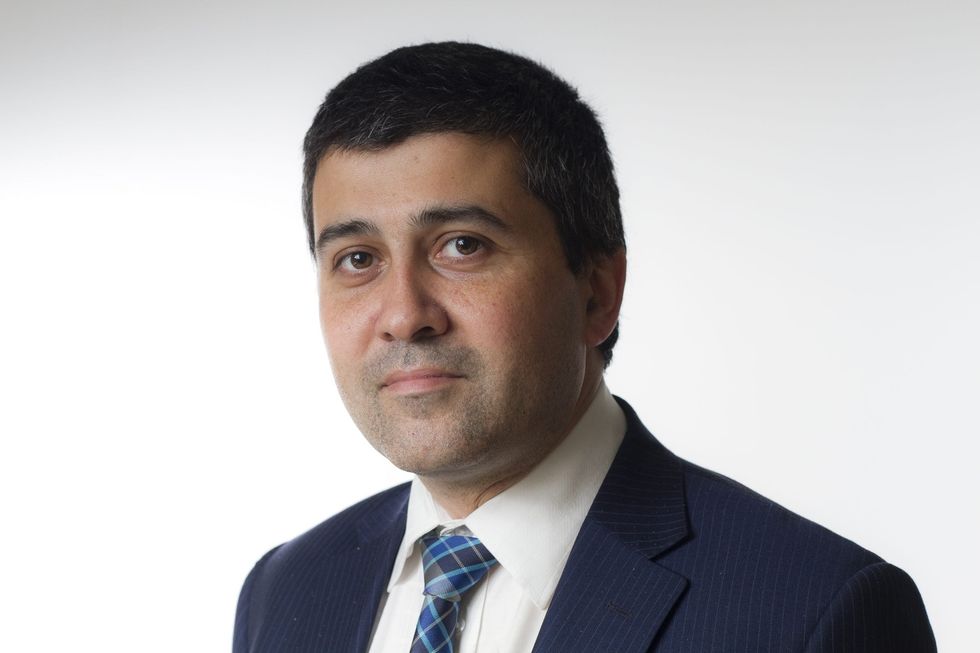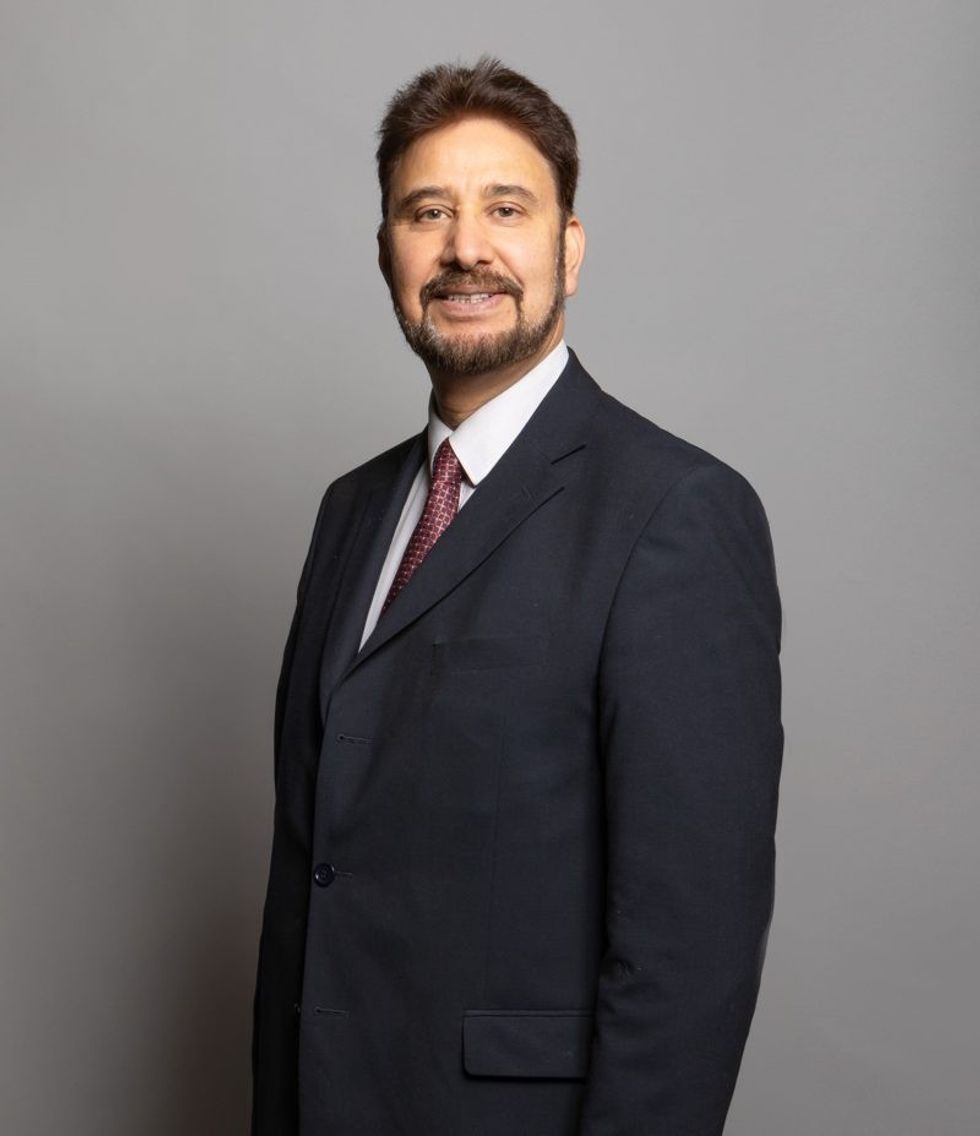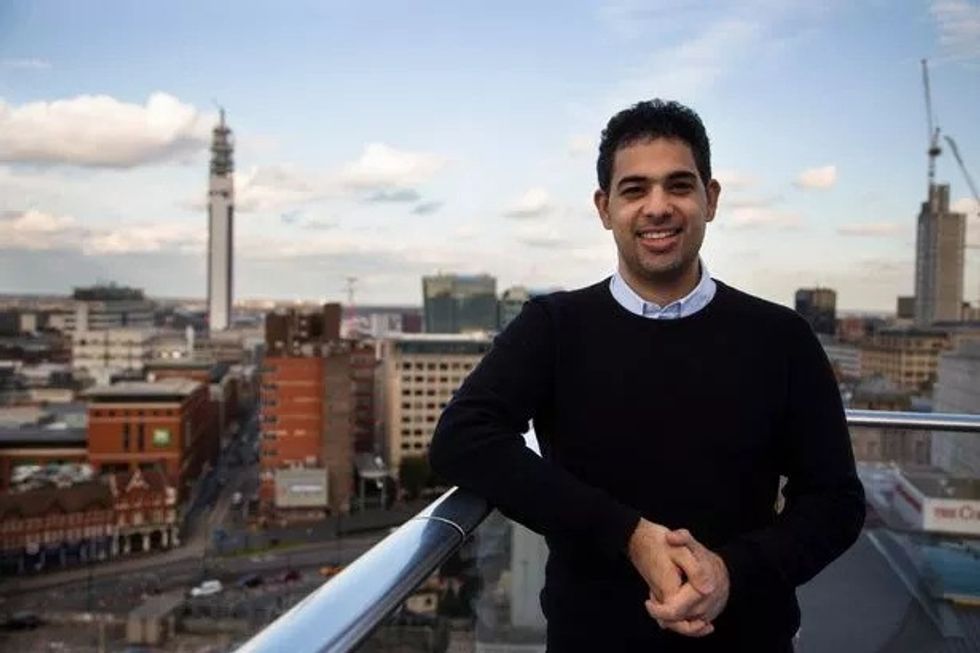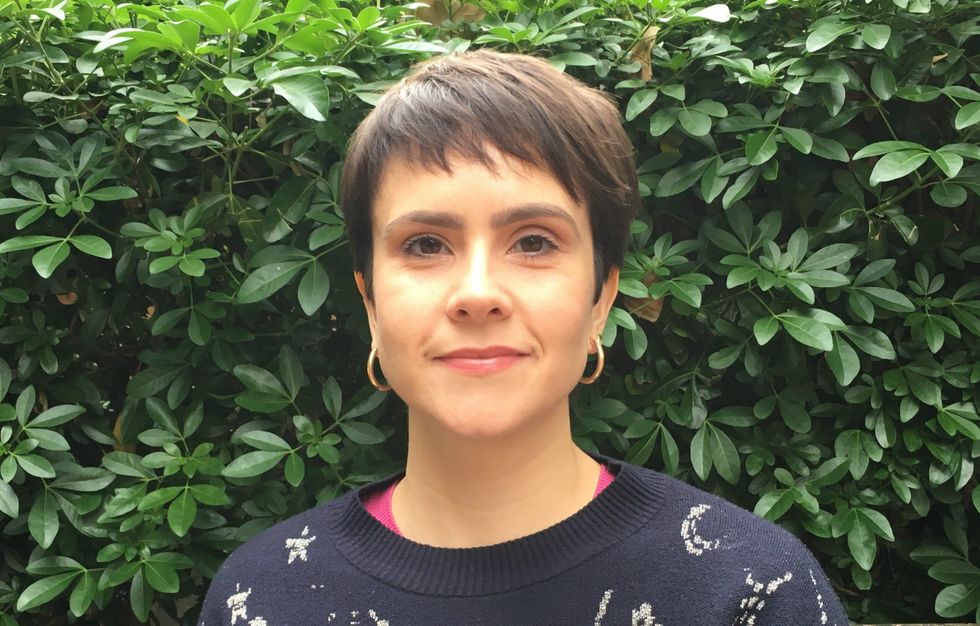BRITAIN is on course to have the most diverse parliament in history no matter which party wins the general election, according to research by leading race and diversity thinktank British Future.
Analysis of final candidate selections suggests there will be an increase of at least 20, and as many as 30 more ethnic minority MPs taking seats in the House of Commons – the biggest increase ever.
It will lead to a rise from 65 ethnic minority MPs to around 90 – from 10 per cent of all MPs to about 14 per cent.
Sunder Katwala, director of British Future, told Eastern Eye the UK was leading the way when it comes to representation in politics.

“This election will see the biggest rise in ethnic minority representation and the most diverse parliament ever,” Katwala said. “In the space of 40 years, we will have gone from zero to one in seven MPs being from an ethnic minority background.
“Britain is closing the gap between the diversity of parliament and the electorate much faster than anyone thought possible.”
“Better representation does not in itself guarantee strong party cultures or the right party policies on inclusion,” he added.
“Our race debates today often feel as polarised as ever. But a stronger share of voice does make a difference.
“So this milestone in representation remains something to celebrate – few, if any other western democracies, are keeping pace with Britain’s progress,” Katwala said.
One in five Labour selections (19.8 per cent) – 125 candidates – is from an ethnic minority background. The Conservative party has selected 86 ethnic minority candidates, or 13.7 per cent of its total selections.
The Liberal Democrats have chosen 66 ethnic minority candidates (10.5 per cent); the SNP three out of 57 candidates (5.2 per cent); the Green Party 55 (8.9 per cent) and Reform 32 (5.2 per cent).
Plaid Cymru in Wales and the UUP in Northern Ireland have each selected one ethnic minority candidate.
Labour is set to have by far the largest number of ethnic minority MPs – projected to be 66 if the party wins an overall majority and up to 83 in the landslide scenario.
If Labour wins an overall majority of one, some 20 per cent of its new intake will be from an ethnic minority background.
British Future’s analysis projects around 20 ethnic minority Conservative MPs.

Jill Rutter, British Future associate fellow who led the analysis, said: “A diverse parliament brings different perspectives to its work, which can lead to more effective policy-making. MPs who come from different backgrounds can be role models for their communities, inspiring young people to vote and get involved in politics.”
Afzal Khan, the Labour MP for Manchester Gorton, who will be a candidate in Manchester Rusholme after the constituency was split into two – Gorton and Denton will be the other constituency – said he “welcomed” the increase in diversity.
“It is something which is needed because the more diverse we are, the better the decision making,” he said. “However, it’s important that diversity translates into a more equal society. We need to make sure the diversity is not just tokenism, where they (Asian MPs) promote an agenda which actually isn’t what the majority of the British people want.
“We need individuals who actually care, understand and are willing to make their voices heard for good. This will translate into a better society.”

Maria Sobolewska, a professor of political science at the University of Manchester, works on the political integration and representation of ethnic minorities in Britain.
She told Eastern Eye the increase in ethnic minority MPs is a “growing trend” going back to 2010 when then prime minister David Cameron advocated for greater diversity in the Tory party.
The 2010 general election saw a noticeable increase in the number of Tory ethnic minority MPs – from two to 11. The party currently has 23 ethnic minority MPs while Labour has 41 and the Liberal Democrats have two.
“It is, in a way, a legacy of David Cameron’s attempts to diversify the Conservative party, and, of course, early attempts by Labour. But I would say the Conservatives’ attempts were more of a game changer because they really showed up all the other parties and the need for diversity to become mainstream, as opposed to just Labour being the party that usually is thought of as representing minorities and women,” said Sobolewska.

One new Tory candidate who is contesting in Birmingham Edgbaston is Ashvir Sangha, a former communications adviser to ex-mayor of West Midlands Andy Street. He will be going up against the constituency’s current MP, Labour’s Preet Gill.
When asked if he felt an increase in diversity in parliament will lead to better social cohesion, Sangha told Eastern Eye: “All MPs have that responsibility. I wouldn’t say it just falls on MPs of particularly an ethnic minority background, but I do think your background comes into play in building bridges.
“I want to use my background and my politics to bring communities together. The fact I’m from Birmingham helps me with that. My approach is very local. I want to be there to stand up for local concerns that people are raising with me, because I also live here myself.
“My philosophy is about uniting people and respecting people from all backgrounds. The Birmingham scene is a little bit out of the London bubble. If you are from Birmingham, you naturally relate to a very wide range of people. It’s a very diverse place – it doesn’t occur to us not to work with each other.”
Analysis of census data by Matt Singh of Number Cruncher Politics estimates that 14 per cent of the UK electorate is from an ethnic minority background.
A leading Conservative parliamentarian has urged MPs to better engage with ethnic minority voters. They stressed it was crucial that an increase in ethnic minority MPs leads to a rise in ethnic minority voters.
People from minority ethnic groups are less likely to be registered to vote as studies, including from the government, show that non-registration was higher among those groups.
Until the 2019 general election, an estimated 25 per cent of first generation and 20 per cent of second-generation ethnic minorities who were eligible to register to vote had not done so, compared to 10 per cent of the white population.
“If you look at the turnout rate among ethnic minorities, in certain areas, it’s improved, but it’s still generally lagging on an average basis (compared to the white population),” the parliamentarian told Eastern Eye.
“I hope the increase in ethnic minority MPs will motivate more people to turn out because the most important thing is that people feel their vote makes a difference and they should absolutely exercise that right.”
While parliament’s ethnic diversity is set to increase significantly, progress in other areas is likely to be far slower.
If Labour wins an overall majority, there will be a record number of 252 women elected for the first time, up from 220 in 2019. But it would still mean less than 39 per cent of MPs are women, while they make up 51 per cent of the UK electorate.

An investigation by the Fawcett Society earlier this year found that over two-thirds of women MPs have witnessed sexist behaviour in parliament over the last five years. The survey said only 37 per cent of women MPs agreed with the sentence “the culture in parliament is inclusive for people like me” – compared with 55 per cent of men in the Commons.
“The most gender equal and ethnically diverse parliament in history would be a huge moment and one to be celebrated. If achieved it will be the result of generations of women and marginalised people fighting for better representation in our politics,” Jemima Olchawski, chief executive at the Fawcett Society, told Eastern Eye. “But the fight is nowhere near over. We won’t rest until we get a 50:50 parliament and women are represented at every level of politics and society.




















